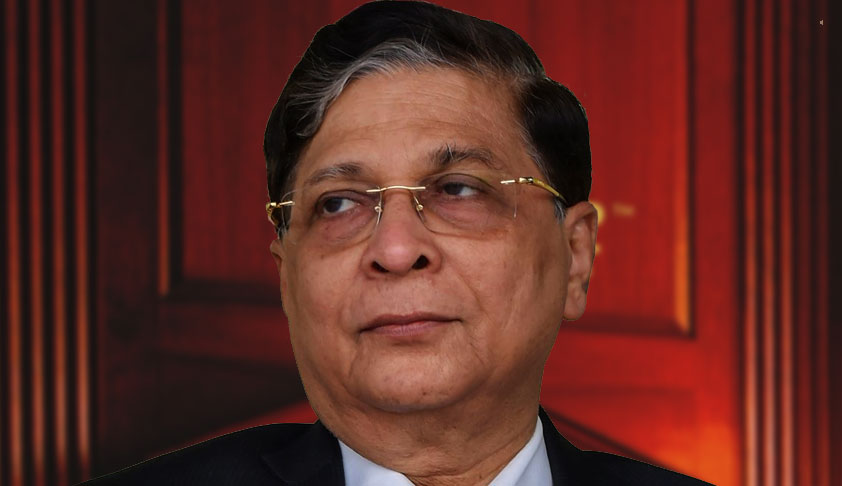Landmark Judgments Awaited In The Last Working Month Of CJI Misra
Manu Sebastian
3 Sept 2018 4:36 PM IST

Next Story
3 Sept 2018 4:36 PM IST
Hectic days are ahead for Chief Justice Dipak Misra, who has 18 working days left before his retirement on October 2. In these days the country will await judgments in reserved by the bench presided by him in several high profile cases, which could change the course of current constitutional and political narrative.1. Legality of AadhaarThe marathon hearing in the case challenging the validity...
